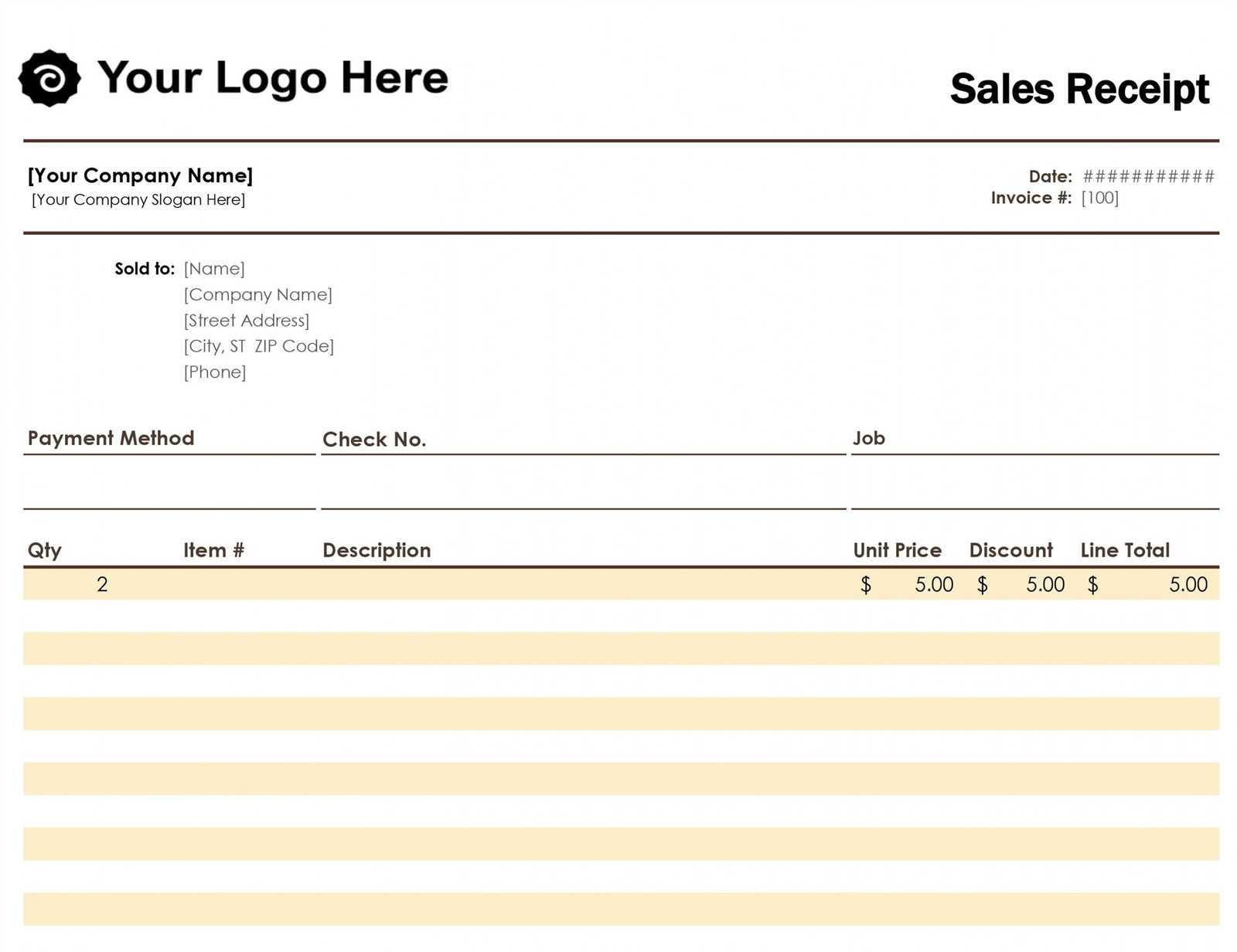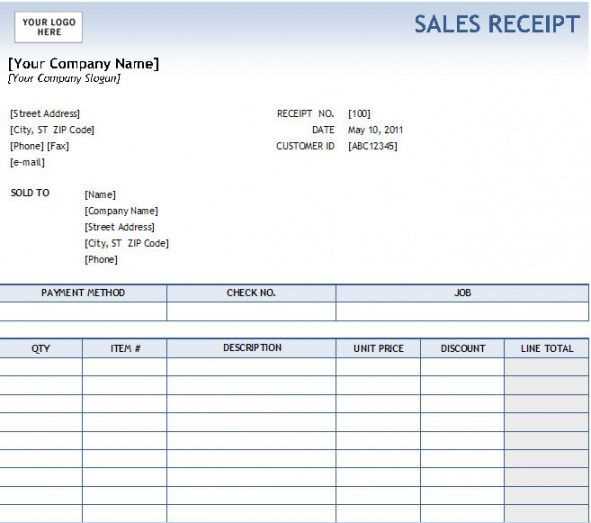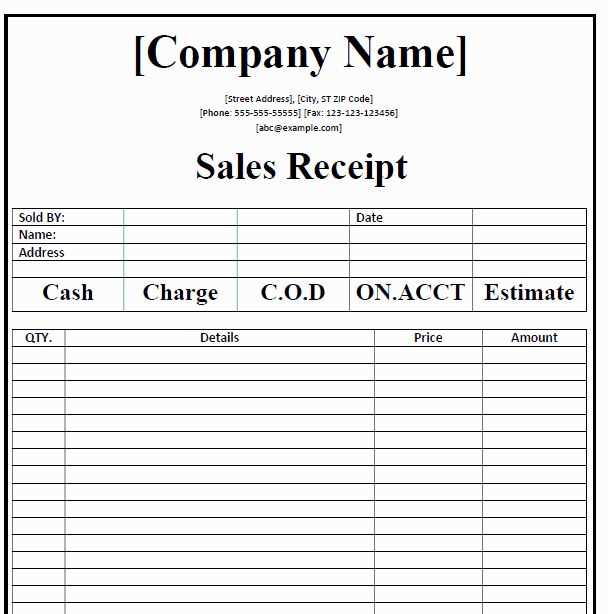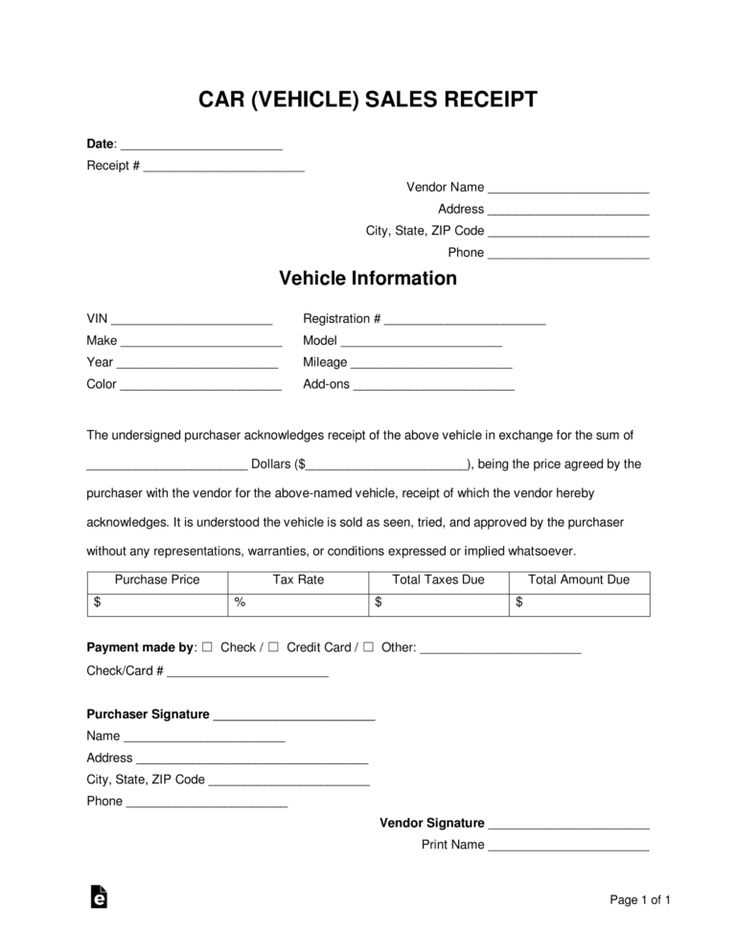
A well-documented private gun sale receipt protects both buyer and seller by recording the details of the transaction. This document serves as proof of ownership transfer and helps avoid legal issues. Without it, disputes may arise regarding payment, firearm condition, or liability.
Include essential details: names and contact information of both parties, firearm description (make, model, caliber, serial number), sale price, and date of transfer. A statement confirming the firearm is legally owned and sold in compliance with local laws adds an extra layer of protection.
Both parties should sign the receipt, and each should keep a copy. In some states, additional steps like notarization or background checks may be required. Always check local regulations before finalizing the sale.
Got it! How can I assist you today with your writing needs?
Key Elements to Include in a Private Gun Sale Receipt
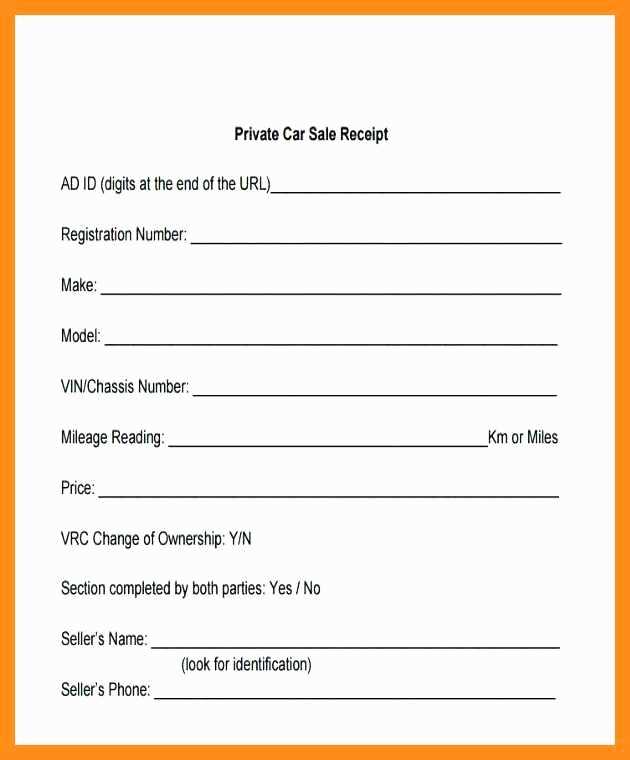
For a private gun sale receipt to be clear and legally binding, include these key elements:
- Date of Sale: Record the exact date when the transaction took place to ensure both parties have a reference point.
- Seller’s Information: Include the full name, address, and contact details of the seller. This helps verify the seller’s identity.
- Buyer’s Information: The buyer’s full name, address, and contact details should also be listed. Ensure that these are accurate to avoid future disputes.
- Firearm Details: Include the make, model, serial number, and caliber of the firearm. These specifics are crucial for identifying the weapon involved in the transaction.
- Price and Payment Method: Clearly state the amount paid for the firearm and how the payment was made (e.g., cash, check, or another method). This ensures transparency in the transaction.
- Signatures: Both parties should sign the receipt. This formalizes the agreement and can be used as proof of the transaction if needed in the future.
Additional Details to Consider
- Condition of Firearm: Briefly describe the firearm’s condition (e.g., new, used, or refurbished). This protects both parties if issues arise later.
- Transfer of Ownership: Include a statement that acknowledges the transfer of ownership, making it clear that the buyer has received the firearm.
How to Safeguard Both Parties During the Transaction
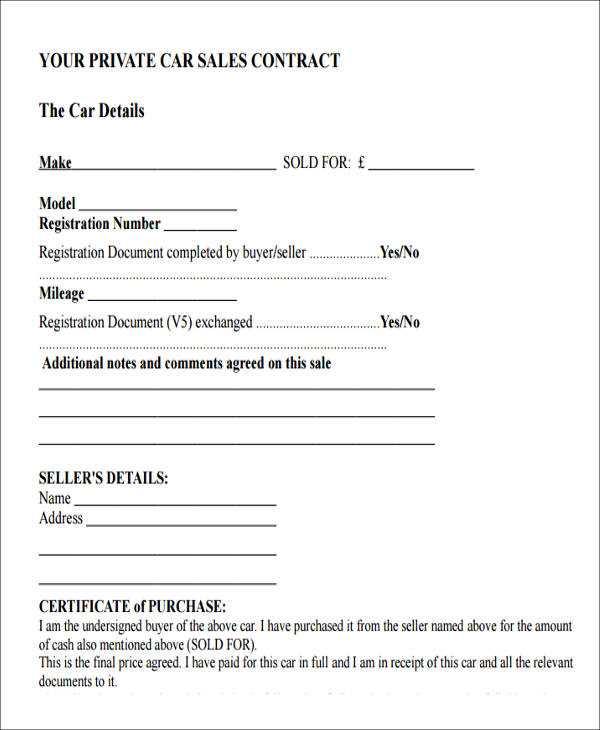
Ensure both parties are protected by verifying the buyer’s eligibility to own a firearm. This can be done by checking if they have a valid background check and confirming their legal right to possess a gun in your jurisdiction. Record the buyer’s identification information in the receipt.
Use a bill of sale that clearly outlines the terms of the transaction, including firearm make, model, serial number, and the agreed-upon price. Both parties should sign the document, and each should retain a copy for their records.
Meet in a secure location, such as a gun shop or a licensed firearms dealer, where they can assist with legal transfer processes if needed. This reduces the risk of encountering legal issues during or after the sale.
Document any communication between the buyer and seller prior to the transaction, including email or text exchanges, to have a clear record of intentions and agreements. Keep these communications alongside the bill of sale.
Legal Considerations for Private Gun Sales and Receipts
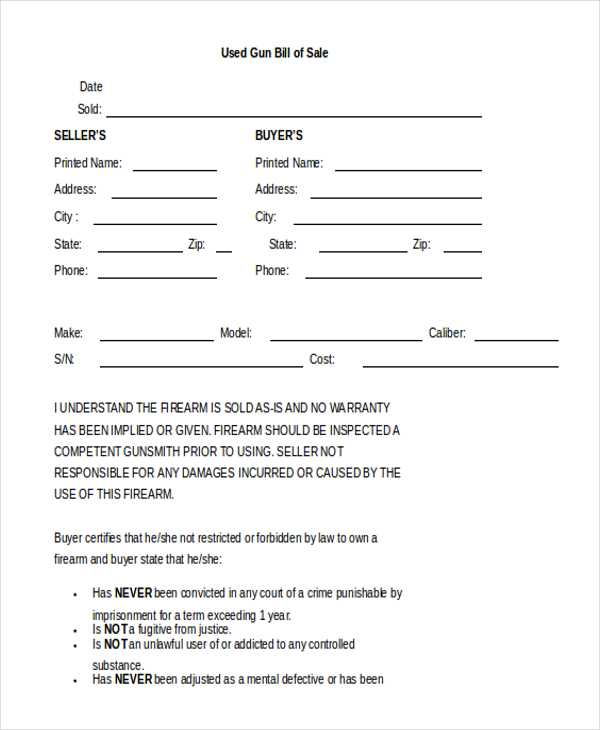
Always verify that both parties meet the legal requirements before finalizing a private gun sale. Buyers and sellers must ensure compliance with federal, state, and local laws, including background checks. In many areas, a sale between private individuals may require the involvement of a licensed dealer to perform a background check. Failing to adhere to these rules can result in serious legal consequences.
Required Documentation
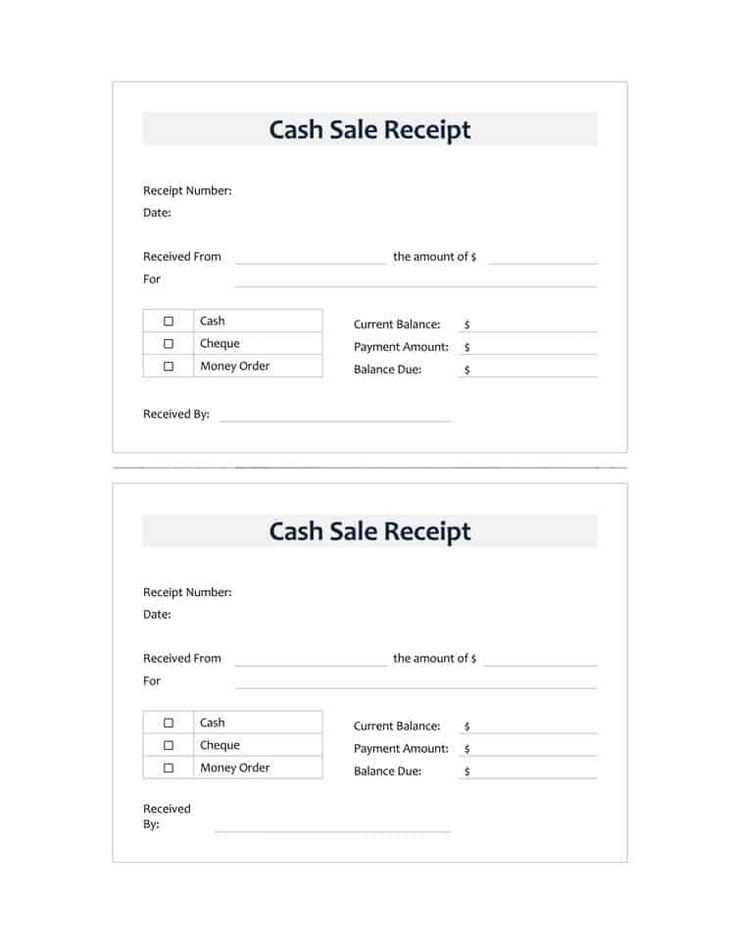
It’s highly recommended to create a written receipt for the transaction. This document should include both parties’ full names, addresses, the make, model, and serial number of the firearm, the date of the sale, and the price. Keeping a copy of this receipt for your records may be necessary if legal questions arise later.
Transfer Restrictions
Some states impose specific transfer restrictions, such as requiring a waiting period or limiting the sale of certain types of firearms. Make sure to research local laws regarding these regulations. It is crucial to avoid selling firearms to individuals prohibited from owning them, such as convicted felons or those with restraining orders against them.
